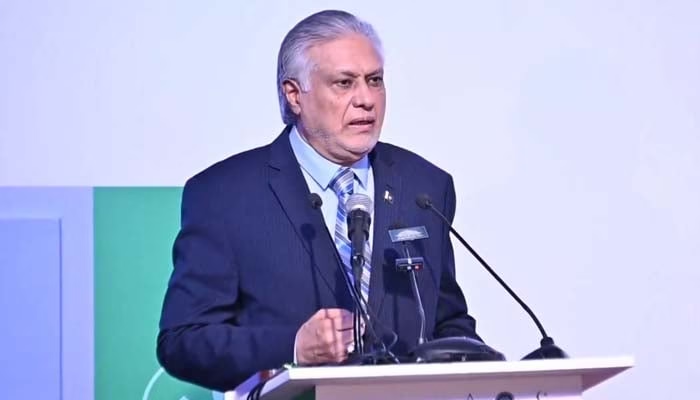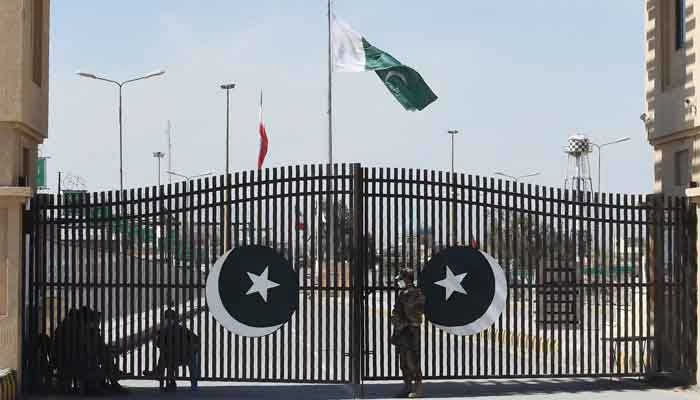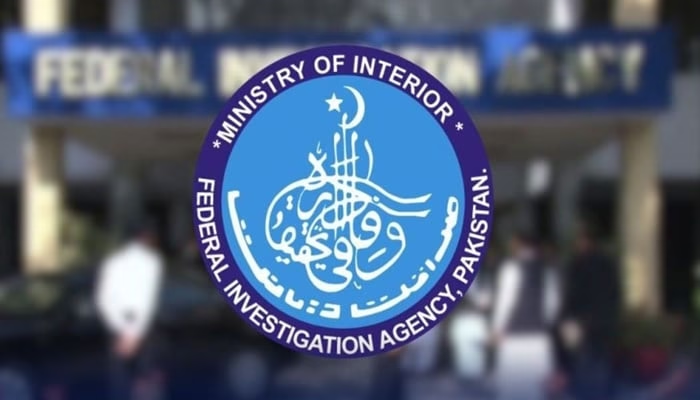Pakistan’s digital transformation has entered a defining new phase with the launch of the country’s first Chromebook assembly line. The initiative, announced by Deputy Prime Minister Senator Ishaq Dar, marks a major milestone in Pakistan’s journey toward building a modern, technology-driven digital economy. With growing collaboration between the Government of Pakistan and global technology companies, the country is moving rapidly toward a future where digital tools, IT skills, and innovation play a central role in national development.
A Major Step Toward Local Digital Manufacturing
At the launch event titled “Building the Digital Future, Together,” Senator Ishaq Dar described the assembly line as a turning point for Pakistan’s digital transformation. The localized production of Chromebooks is expected to make digital devices more accessible and affordable for students, educational institutions, and professionals across the country. By assembling these devices locally, Pakistan can reduce costs, strengthen its technology supply chain, and lay the groundwork for future export opportunities.
Dar emphasized that this milestone is not just about hardware production. It represents the beginning of a broader technology ecosystem where global players like Google partner directly with local industries, institutions, and talent. The move is expected to create new jobs, enhance technical capacity, and encourage more investment in Pakistan’s technology sector.
Strengthening Pakistan–Google Collaboration
A key highlight of Pakistan’s digital transformation is Google’s decision to expand its presence in the country. At the event, the deputy prime minister confirmed Google’s commitment to establishing a local office and deepening collaboration with government institutions, industry leaders, and educators. This partnership aims to accelerate innovation, promote skill development, and support startups and developers in Pakistan.
Senator Dar assured Google’s leadership that Pakistan would remain a reliable and rewarding destination for long-term investment. He stated that international companies would find strong support, increasing opportunities, and a large tech-savvy population ready to work with cutting-edge tools and technologies.
Training 100,000 Developers Through AI Skills Program
One of the most significant announcements was the collaboration between Google and the Government of Pakistan to train 100,000 developers in artificial intelligence skills. This initiative will directly contribute to Pakistan’s digital transformation by equipping the youth with high-value skills that align with global technological trends. The training program is expected to raise the country’s competitiveness and open doors for Pakistani developers in international markets.
Dar highlighted that the government is committed to creating a supportive environment for technology-driven job creation. The AI training project will not only build capacity but also encourage innovation and boost the country’s presence in global digital industries.
Policies Supporting Technology Growth
To accelerate Pakistan’s digital transformation, the government has strengthened regulatory frameworks and introduced reforms to attract foreign investment. Senator Dar explained that the Special Investment Facilitation Council (SIFC) has been established to ensure that technology companies can set up operations quickly and smoothly. The council works directly with investors to reduce bureaucratic hurdles and support the rapid launch of new ventures.
He also acknowledged concerns about high taxation in the tech sector. Dar said the government is working to introduce a more affordable and competitive tax structure to encourage companies to invest and expand. A stable, transparent, and innovation-friendly regulatory environment is essential for Pakistan’s technology ecosystem to flourish.
Outlook on Pakistan’s Economic Potential
Discussing Pakistan’s broader economic outlook, Senator Dar expressed confidence that the country is on track to achieve major global milestones. He stated that Pakistan aims to join the G20 group of major economies in the coming years by building strong digital infrastructure, encouraging industry growth, and unlocking natural resources.
He noted that Pakistan, despite having debt challenges, possesses vast untapped mineral and energy wealth valued at up to $10 trillion. With the right policies and international partnerships, this economic potential can support long-term national growth.
A Defining Moment for a Digital Future
The launch of the Chromebook assembly line represents far more than a technological achievement—it signals a new era for Pakistan’s digital transformation. By localizing hardware production, investing in AI skills, working with global partners, and creating a welcoming business environment, Pakistan is positioning itself as a regional technology hub.
As initiatives unfold and new collaborations take shape, Pakistan is moving steadily toward a future where digital innovation drives development, empowers youth, and strengthens the economy. The momentum behind Pakistan’s digital transformation continues to grow, and this milestone marks only the beginning of a much larger journey ahead.



